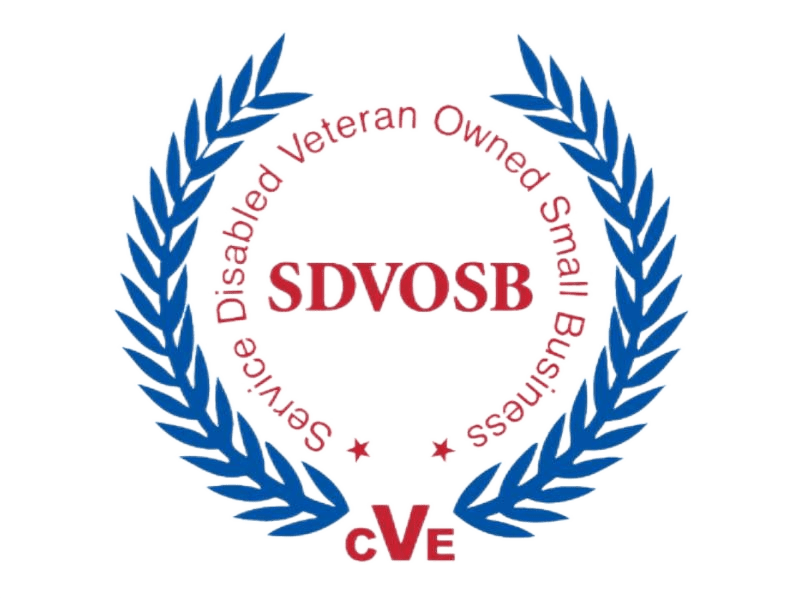
File Versioning: The Importance of Tracking Changes in Collaborative Workspaces
Collaborative workspaces have become the lifeblood of modern businesses and organizations. They facilitate seamless communication, encourage teamwork, and enhance productivity. At the heart of these workspaces lies the need for efficient file sharing and management. In this article, we delve into the world of collaborative workspaces, focusing on the relevance of file versioning in contemporary collaboration. We'll also mention popular file-sharing services like Dropbox as one of the tools enabling collaborative work.
What are Collaborative Workspaces?
Collaborative workspaces, often referred to as collaborative environments or online collaboration platforms, are digital spaces where individuals or teams come together to work on projects, share information, and jointly create or edit documents, spreadsheets, presentations, and more. These spaces are designed to break down geographical barriers, allowing remote or dispersed teams to collaborate effectively in real-time.
The Relevance of File Versioning in Modern Collaboration
One of the fundamental requirements for successful collaboration is the ability to work on documents collectively while maintaining data integrity. This necessitates robust file versioning capabilities, ensuring that changes are tracked and the history of document revisions is preserved. File versioning plays a pivotal role in preventing data loss, conflicts, and chaos in collaborative workspaces.
Numerous file-sharing services have become essential in facilitating seamless collaboration within modern workspaces. One standout among these services is Dropbox, celebrated for its user-friendly interface, robust file synchronization capabilities, and impressive versioning features.
Understanding File Versioning
File versioning, also known as version control or version tracking, refers to the systematic management of changes made to a document or file over time. It involves creating and maintaining a historical record of different versions or iterations of a file, allowing users to access and restore previous states of the document.
File versioning systems employ various techniques to track changes and revisions. These may include tracking edits, additions, deletions, and annotations made by users. Each change is logged, time-stamped, and associated with the responsible user. This meticulous tracking ensures transparency and accountability in collaborative workspaces.
Benefits of Using File Versioning in Collaborative Environments
File versioning offers a myriad of benefits in collaborative workspaces:
- Error Correction: Users can revert to earlier versions to correct mistakes or retrieve lost content.
- Collaborative Confidence: Team members can collaborate with confidence, knowing that their work is backed up and can be restored if needed.
- Conflict Resolution: File versioning helps prevent conflicts when multiple users edit a document simultaneously, as it allows for merging or choosing the preferred version.
- Historical Reference: Users can refer back to previous versions to track the evolution of a project or to comply with regulatory requirements.
Role of File Versioning Tools
File versioning tools and software are vital for simplifying the tracking and management of file revisions, granting users the ability to effortlessly view, compare, and restore previous document versions. In this context, platforms like Dropbox offer a noteworthy advantage by automatically saving every change as a new version, making version control exceptionally user-friendly. Moreover, Dropbox enhances collaboration through its real-time syncing across devices, ensuring teams have access to the latest file versions. Additionally, it provides robust data backup capabilities, further solidifying its position as a top choice in collaborative environments.
In collaborative workspaces, efficient file versioning tools are essential for seamless project management and document control. These tools empower users to maintain a clear history of changes, allowing easy access to previous versions and facilitating collaborative work. Among the leading platforms, Dropbox stands out by automating the versioning process, ensuring that every change is saved as a new version without user intervention. This user-friendly approach not only streamlines version control but also enhances collaboration by offering real-time syncing across devices.
Best Practices for Effective File Versioning
Implementing effective file versioning requires adhering to best practices. These tips encompass creating a clear versioning strategy, defining roles and responsibilities, and establishing communication protocols within the workspace.
Ensuring Proper Access Control and Permissions
Access control and permissions are integral to maintaining data security and integrity in collaborative workspaces. Users must have the appropriate level of access to create, edit, or view versions of files.
Establishing Naming Conventions and Documentation
Naming conventions and documentation help streamline version tracking. Clear and consistent file naming practices and documentation of changes enhance the usability of file versioning systems.
Security and Privacy Considerations
The adoption of file versioning tools raises valid concerns about data security and privacy. These concerns should be addressed through robust security measures and adherence to privacy regulations.
File versioning systems often employ encryption and data protection mechanisms to safeguard sensitive information. Understanding these security measures is vital for maintaining the confidentiality of collaborative work.
Challenges in Collaborative Work
Collaborative workspaces, while immensely beneficial, come with their fair share of challenges. These challenges may include communication gaps, coordination issues, and the risk of duplicated efforts. Without effective tools like file versioning, these challenges can escalate and hinder productivity.
One of the most significant risks in collaborative workspaces is the loss of data or conflicts arising from multiple users working on the same document simultaneously. Without file versioning, accidental overwrites, data loss due to errors, or conflicting changes can result in significant setbacks.
Related: Why Your Business Must Have a Website
Future Trends in File Versioning
The world of version control is not stagnant. Emerging technologies and innovations, such as blockchain integration and artificial intelligence, are poised to reshape version tracking in the future.
Artificial intelligence is expected to play a significant role in automating version-tracking processes. Machine learning algorithms can analyze changes, detect patterns, and provide intelligent suggestions for merging or reverting to previous versions.
Conclusion
File versioning is an essential cornerstone of collaborative workspaces. It safeguards data integrity, fosters efficient collaboration, and mitigates the risks of data loss and conflicts. Whether you're running a business or a team, you may want to prioritize the use of file versioning tools to enhance productivity and reduce errors. Remember, you can depend on Cybasoft for any IT-related business solutions. Feel free to call us for a free consultation.






